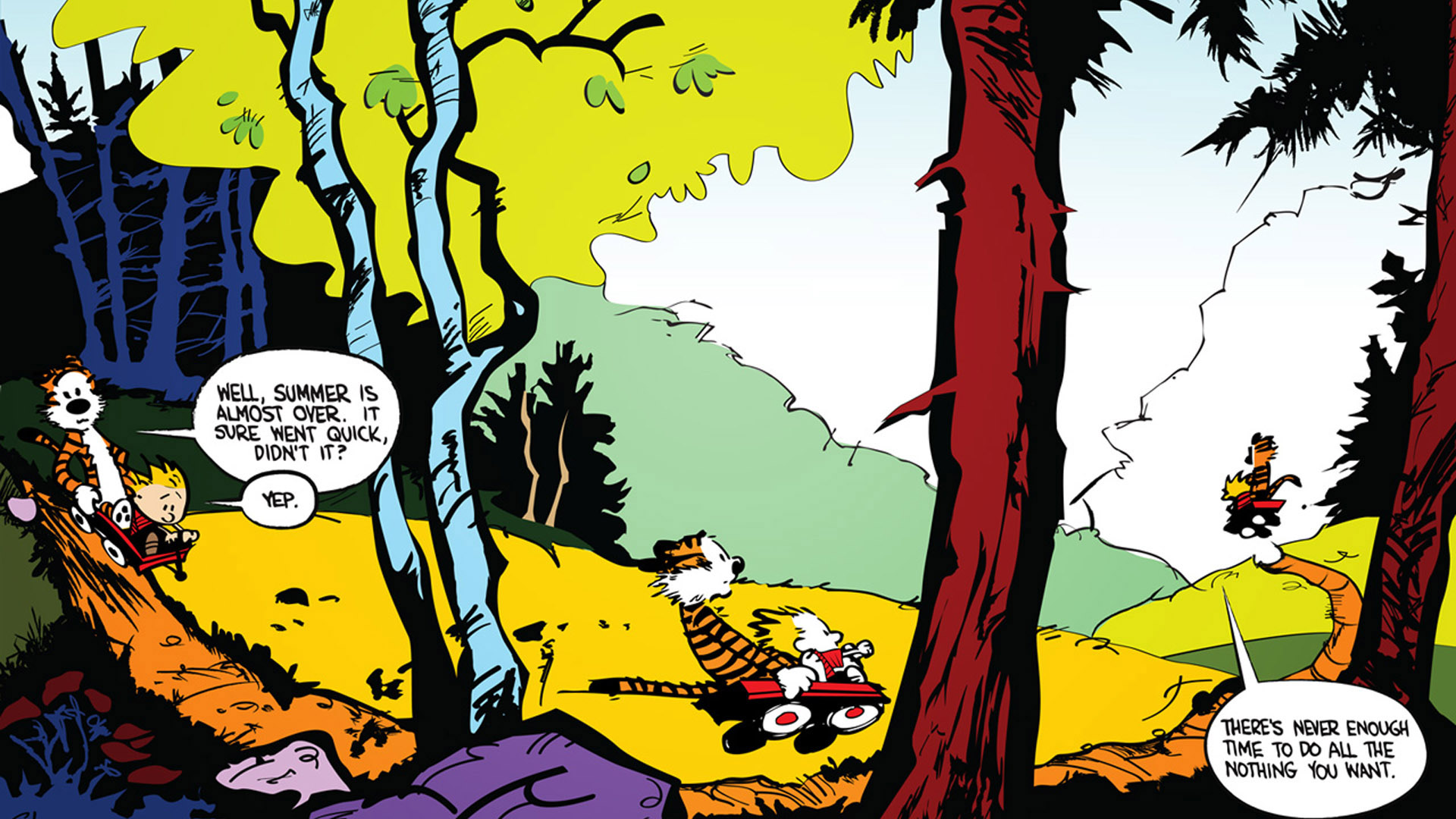Uncertainty is a common companion for a traveler and people can react to this companion in different ways. I’d consider myself to be a somewhat easygoing traveler. I’m by no means the zen master of travel but I’d say that I scored high marks in a few advanced courses during my trip through South America. When I got back, I started to think about why I had this approach to the curveballs that travel throws at you. My mind kept drifting back to the very first time I left the United States, to the orange skies of Malawi.
Malawi was a cornerstone experience for me. I was young and eager to expand my understanding of the world. I don’t think it was some grand, clichéd moment of enlightenment, though. For years, everyone in my family had told stories about the many ways in which we can choose to engage with the world. The stories were what enlightened me, but they also gave me a great hunger for more understanding.
Malawi fed that hunger. It was my first contact with something so different yet so the same to what I knew. Throughout the process, my mom and sister were my guides for sorting through my experience. I was close with my mom that summer, working at her side to help educate the hospital staff in physical therapy, but I was even closer with my sister. We spent a lot of time together in high school and even though it had been a few years since we had been around each other for a long stretch of time, we fell back into the unique rhythm only a brother and sister can have.
We worked side by side on projects. We played soccer with the kids until the darkness sent us home. We stayed up late watching bootleg DVDs and drinking hot chocolate. We decided together to become “tea people” when our stash of hot chocolate powder ran out.
Most of all, I think Elizabeth taught me how to react to uncertainty. Malawi is a friendly, beautiful place, but a place of funny uncertainty. You have to be okay with all sorts of twists and turns. When things did veer away from the expected, I would look to my sister to see how to react and what I saw was serenity and joy. What I learned from her in Malawi I took with me as I continued to travel in the years to come.
As William Carlos Williams said, ‘The proper response to life is applause.“ So, instead of shouts of anger and frustration at the unpredictability, I learned that the right response to uncertainty is to applaud, to embrace it and treat it like music. The world is always playing some sort of improvised jazz. Go ahead, clap. Then, play along.
